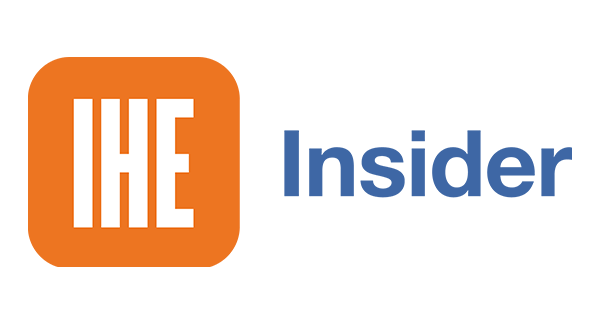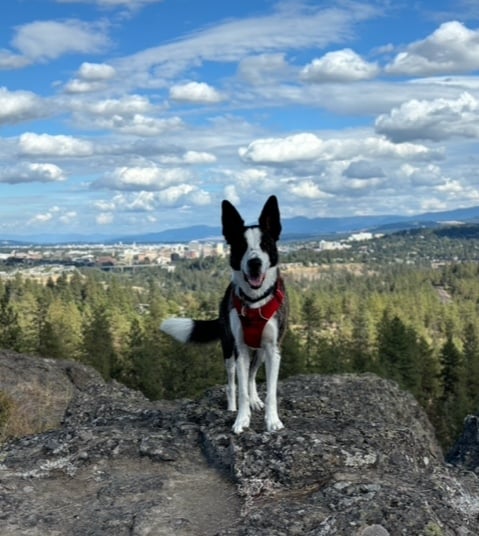From Rachel Toor
There are plenty of programs to prepare people for the top administrative jobs. Most of these are closed to journalists. This summer, however, I was invited to attend one of them. The organizers understand we're not doing reporting here in The Sandbox, but are looking instead for ways to help build the pipeline of leaders and support those already in the jobs.
The Academic Leadership Institute (ALI) was created by Earl Lewis and Dwight McBride in a partnership between the University of Michigan and Washington University to increase the representation of rising leaders committed to, well, there are words you can’t say anymore in some states.
So, let’s just say now that they set up this closed door workshop to help prepare diverse excellent candidates for provost and president jobs.
Because of who Earl and Dwight are and who they know (pretty much everyone), they bring in a team of superstar leaders and experts to share candid information about everything.
From a faculty group that included current and former presidents and chancellors, search consultants, higher ed attorneys, comms gurus, and fund-raising experts, the cohort of 24 would-be provosts and presidents, all far along in academic administration with incredible vitae, obvious smarts, and even more personal pizzazz, got to hear what one participant called “radical honesty” about the reality of these jobs.
This year’s cohort, the fourth (there’s a nomination and application process, which will soon be announced on their website), consisted largely of administrators of color, or those who value DEI, coming from all types of disciplines and higher education institutions. After the first day, some of them seemed to be thinking hard, given what they were hearing from people who had been through it, about whether they wanted to go ahead on this path.
And that's the real benefit. The Institute, from day one, forced folks to look at themselves as leaders (using tools like the Birkman assessment), stressed the importance of never losing oneself in the role or pursuit of a title, and highlighted the values of openness and vulnerability.
If there was a theme repeated by the all-star lineup of instructors, it went to the tune of “Our bios tell only about successes, but no one reaches the top rungs of the leadership ladder without failures, too." The leaders who came to speak to this cohort were not flag-waving, lapel-pin-wearing cheerleaders for their institutions. They were real people who talked candidly about their ups and downs on the road to provostal and presidential appointments.
If there was a motto for this particular leadership institute it could be: "We aim to keep it real.” And they did. Hard to believe that nearly a week of jam-packed scheduling could be so invigorating, but it was.
Among the many practical lessons (understanding boards, fund raising, communications strategy, negotiating employment contracts), most people seemed struck by how generous the (scarily distinguished) instructors were in their willingness to be of service. "Reach out to me," they said. When I messaged a former chancellor (who wasn't there) to say his name repeatedly came up with appreciation for his support, he replied, "Give them all my cell number." He meant it.
I hear all the time about how lonely the presidency is and that no one understands that until their first day in the job. I also hear that being provost is (or used to be, before last year) a lot harder than being president.
What I know is all of our lives are better if we can find our peeps. Everyone needs people to text and call and say, WTF? And, how did you handle this? And, am I crazy? Leaders need peers, which are not always easy to find. And they need to feel seen.
It's at gatherings like these where future leaders start making connections they can take with them throughout their careers. From what I saw in this group, higher ed will be getting a whole lot of amazing new presidents in a few years. And it will be up to all of us to support them.
Applications for next summer's program (August 2-6, 2025) will be open October 14, 2024-November 15, 2024.
I played around with the idea of giving a speech at the conference based on what I've learned talking to presidents, but it wasn't a speech-giving kind of place. What follows is what I might have said.


